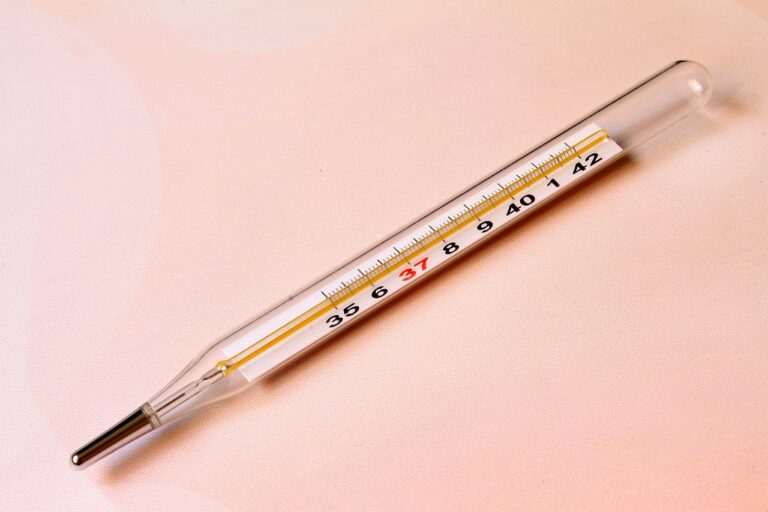The Impact of Health Impact of Disease Management Strategies
Early detection and prevention play vital roles in maintaining good health and well-being. Detecting diseases at an early stage can significantly increase the chances of successful treatment and recovery for individuals. By identifying health issues before they progress, healthcare professionals can intervene promptly, leading to better outcomes for patients.
Preventive measures such as regular screenings, health check-ups, and lifestyle modifications can help detect potential health concerns early on or even prevent their development altogether. Educating the public about the importance of early detection and promoting healthy habits can empower individuals to take charge of their health and make informed decisions. Investing in preventive healthcare not only improves individual health outcomes but also helps in reducing healthcare costs and burden on the healthcare system.
Challenges in Implementing Disease Management Strategies
Implementing disease management strategies poses various challenges within the healthcare system. One prominent issue is the lack of standardized protocols across different healthcare facilities and providers. This inconsistency can lead to difficulties in coordinating care and ensuring that best practices are consistently followed for optimal patient outcomes. Additionally, the complex nature of chronic diseases and comorbidities often requires a multidisciplinary approach, which can be challenging to coordinate effectively among various healthcare professionals and specialties.
Another significant challenge in implementing disease management strategies is the limited resources and funding available for preventive measures. Oftentimes, healthcare organizations are constrained by budget limitations, which can impact their ability to invest in prevention programs and early detection initiatives. This can result in missed opportunities for timely interventions and risk stratification, ultimately hindering the overall effectiveness of disease management efforts.
The Role of Technology in Disease Management
Technology plays a crucial role in disease management, revolutionizing how healthcare professionals provide treatment and care to patients. With the advancement of telemedicine and wearable devices, individuals can now monitor their health in real-time and communicate with their healthcare providers more effectively. These digital tools not only enhance patient engagement but also allow for early detection of symptoms and prompt intervention to prevent the progression of diseases.
Furthermore, the integration of artificial intelligence and machine learning algorithms in healthcare systems has significantly improved diagnostic accuracy and personalized treatment plans. By analyzing vast amounts of data, these technologies can identify patterns and trends in diseases, leading to more precise and efficient management strategies. The use of digital platforms and health apps also enables healthcare providers to track patient progress remotely and offer timely interventions, ultimately improving patient outcomes and reducing healthcare costs.
• Telemedicine and wearable devices allow individuals to monitor their health in real-time
• Digital tools enhance patient engagement and enable early detection of symptoms
• Artificial intelligence and machine learning algorithms improve diagnostic accuracy and personalized treatment plans
• Analyzing data helps identify patterns in diseases for more precise management strategies
• Digital platforms and health apps help track patient progress remotely for timely interventions
How does technology contribute to early detection and prevention of diseases?
Technology such as wearable devices and health monitoring apps allow individuals to track their health metrics in real-time, enabling early detection of any abnormalities or warning signs of potential diseases.
What are some challenges in implementing disease management strategies using technology?
Some challenges include ensuring data privacy and security, interoperability of different technologies, and ensuring that individuals have access to and are comfortable using the technology.
How does technology help in improving communication between healthcare providers and patients in disease management?
Technology enables secure messaging, telehealth consultations, and remote monitoring, allowing for more frequent and convenient communication between healthcare providers and patients for better disease management.
Can technology assist in personalized treatment plans for individuals with chronic diseases?
Yes, technology such as artificial intelligence and data analytics can analyze a patient’s health data and medical history to tailor personalized treatment plans that are more effective in managing chronic diseases.







